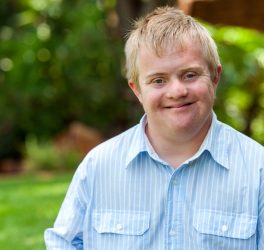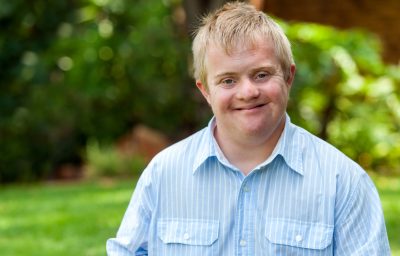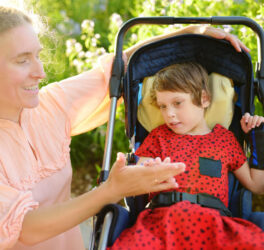
Individuals with autism face a lifelong challenge characterized by qualitative disabilities in both communication and social interaction.
However, a new study appearing in the Journal of the American Academy of Child and Adolescent Psychiatry (JAACAP), published by Elsevier, reports that in a cohort of 126 individuals with autism, IQ increased on average 7.48 points from ages 12 to 23 years old.
The study showed that IQ increases were most significant among those participants who had experienced early regression in language skills and had more substantial communication problems at age 12. Individuals with autism with a history of regression had an IQ increase of 15.4 points compared to 6.6 points in those not reporting early regression.
In contrast to the IQ improvement, parent-reported overall trajectories of autistic traits, while variable, did not change over the same time period on average. Attending mainstream education, as compared to a specialist placement, was linked to a relative improvement in autism symptoms – a finding that remained after accounting for possible confounders.
We followed up this unique population-based cohort of autistic children to better understand their outcomes in early adulthood. So much of our current understanding of how autistic children fare in adult life is based on clinical cohorts that often includes the most severe end of the spectrum.” said Emily Simonoff, Lead Investigator, Professor of Child and Adolescent Psychiatry, King’s College London
Based on the UK Special Needs and Autism Project (SNAP) cohort, a population-based cohort first studied in the year 2000 to estimate autism prevalence, and the sample was initially drawn from a population of over 56,000 children aged 9-10 years of age living in South-east England. The sample also included those with special educational needs for any reason or having received a clinical diagnosis of autism.
A total of 158 children seen at age 12 years received an autism research diagnosis and followed up at ages 16 and 23 years, respectively. IQ and autistic traits are amongst the most critical predictors of independent functioning in adult life for people with autism.
“While we can’t exclude the improvement is partly due to increased motivation or ability to access IQ tests, rather than an intrinsic improvement in learning ability, these alternatives are also important aspects of real-life functioning that may open new educational and employment opportunities for autistic people,” Dr. Simonoff added. The lower level of language and greater severity of autism at 12 years predicted IQ’s overall level.
This is the first study to show that early language regression affects IQ trajectory. An earlier report from this cohort revealed that those with regression had more advanced early cognitive development than the rest of the cohort; one possible explanation to be pursued is the idea that regression is an observable marker of a perturbation in the developmental course, and this subgroup continues to revert to their underlying cognitive trajectory.








